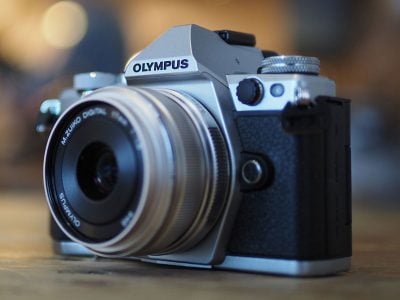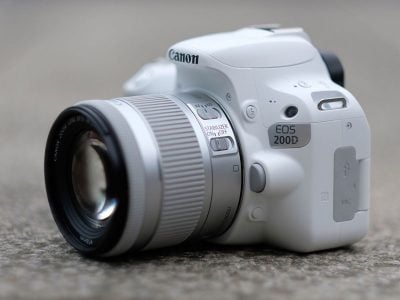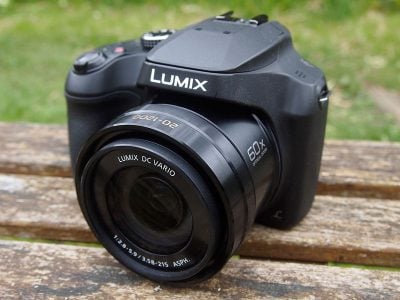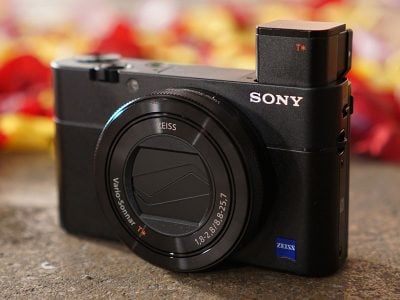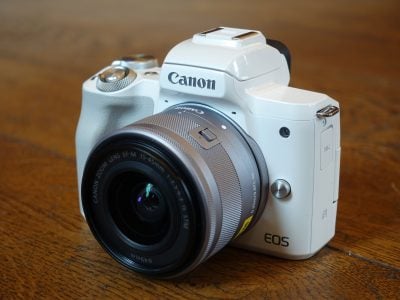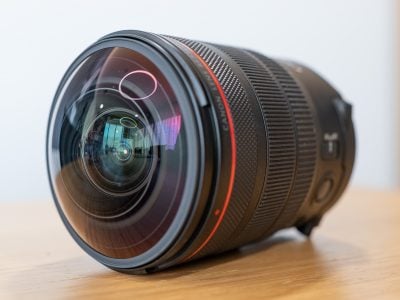
Canon RF 7-14mm f2.8-3.5L Fisheye review
05 Feb 2026 Gordon LaingThe Canon RF 7-14mm f2.8-3.5L Fisheye zoom is their first traditional Fisheye lens for the EOS R mirrorless system, delivering both circular and diagonal images on full-frame bodies. Here's my review so far!
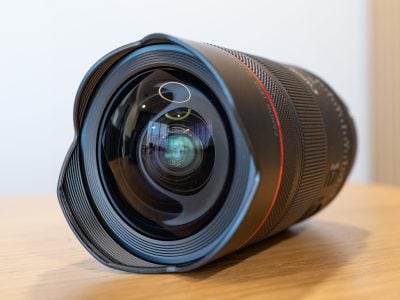
Canon RF 14mm f1.4L VCM review
05 Feb 2026 Gordon LaingThe Canon RF 14mm f1.4L VCM expands their hybrid series to six prime lenses with the widest-angle to date. Here's my hands-on review so far!
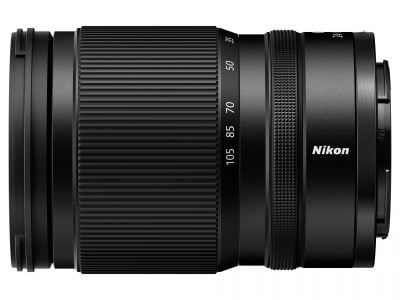
Nikon Z 24-105mm f4-7.1 review so far
27 Jan 2026 ThomasThe Nikon Z 24-105mm f4-7.1 is an affordable, small, and light zoom. Find out how it compares to other Nikkor zooms in my review so far.
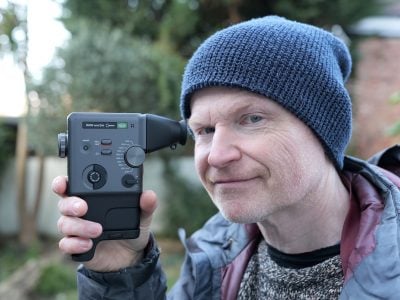
Fujifilm instax mini EVO Cinema review
17 Jan 2026 Gordon LaingThe instax mini EVO Cinema looks like a vintage cine camera, takes photos or short video clips, and features a built-in printer to make instant prints. Is this the coolest camera of the year? Find out in my review!
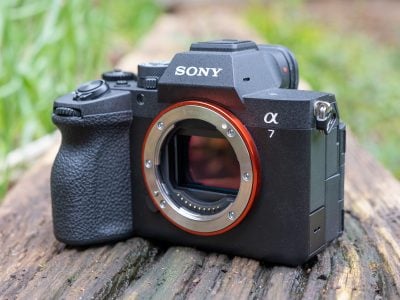
Sony A7 V review
02 Dec 2025 Gordon LaingThe Sony A7 V is a full-frame mirrorless camera with a 33 Megapixel partially-stacked sensor, 4k video up to 120p, IBIS and 30fps burst shooting. Check out my review-so-far.
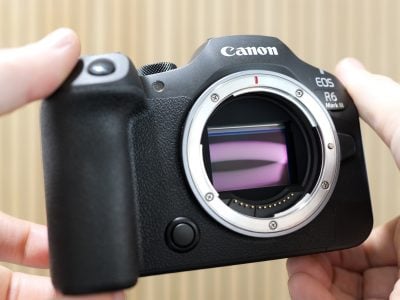
Canon EOS R6 Mark III review
02 Dec 2025 Gordon LaingThe Canon EOS R6 Mark III is a full-frame camera with 32.5 Megapixels, IBIS, 40fps bursts, and 7k RAW video. Here's my hands-on review so far!
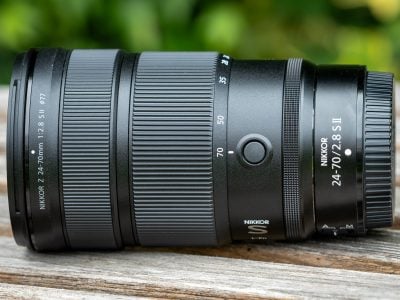
Nikon Z 24-70mm f2.8 S II review
10 Nov 2025 ThomasNikon has totally reworked their pro Z 24-70mm f2.8 S with improved features for photographers and videographers. How does it compare to its predecessor and Tamron? Find out in my review.
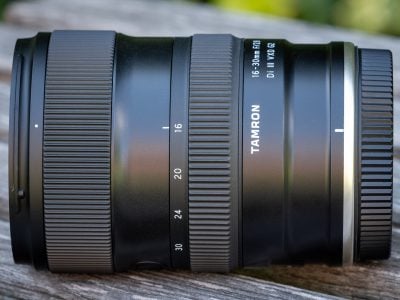
Tamron 16-30mm f2.8 Di III G2 review
16 Oct 2025 ThomasThe Tamron 16-30mm f2.8 Di III G2 is the 2nd generation of an ultra-wide zoom for Sony and Nikon mirrorless full-frame cameras. Find out how it compares against its predecessor and rivals in my comprehensive review!

Zeiss Otus ML 50mm f1.4 review
12 Sep 2025 ThomasThe Zeiss Otus ML 50mm f1.4 is a wide-aperture, manual focus, standard prime lens designed for Sony, Canon, and Nikon mirrorless full-frame cameras. Find out how it stacks up against its legendary 2013 predecessor in my comprehensive review!
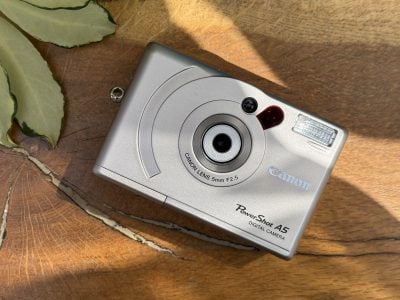
Canon PowerShot A5 retro review
07 Jul 2025 Gordon LaingLaunched in 1998, the PowerShot A5 was arguably Canon's first good-looking consumer digital camera. Let's see what it can do 27 years later!
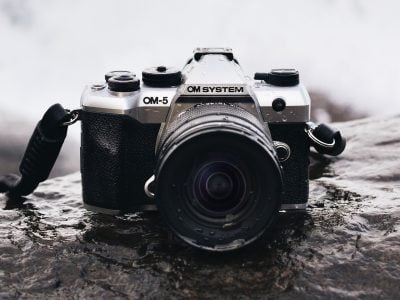
OM System OM-5 Mark II review so far
17 Jun 2025 Gordon LaingThe OM System OM-5 Mark II is a compact mirrorless camera that's part of the Micro Four Thirds system. Find out about this mild update in my review so far.
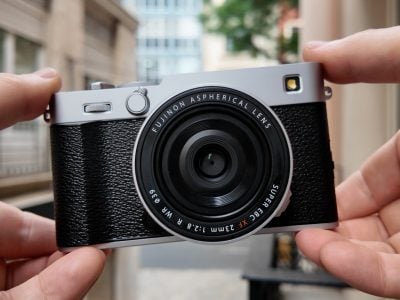
Fujifilm X-E5 review
12 Jun 2025 Gordon LaingThe Fujifilm X-E5 is a mid-range mirrorless camera with a 40MP APSC sensor, viewfinder and built-in stabilisation. It could be described as an X100 with swappable lenses. Tempted? Find out more in my review!
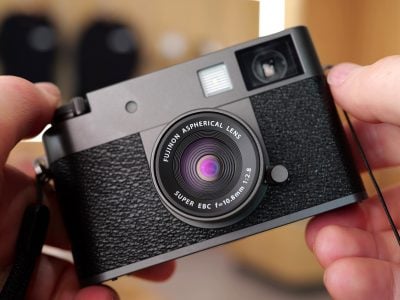
Fujifilm X half review
22 May 2025 Gordon LaingThe Fujifilm X half is a compact camera with a 1in type sensor, 18 MP photos and a 32mm equiv lens. Unlike most cameras, the sensor, viewfinder and screen are all turned to the vertical shape, inspired by classic half-frame models and ideal for social sharing. Here's my review!
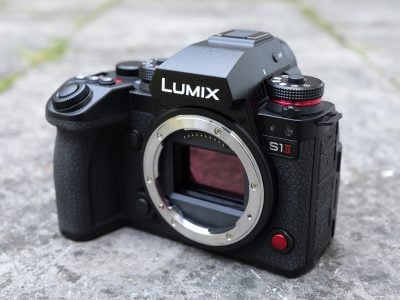
Panasonic Lumix S1 II review
13 May 2025 Gordon LaingThe Panasonic Lumix S1 II has a partially stacked full-frame sensor, 24 Megapixel photos, 70fps bursts and 6k video. Find out why this may be the ultimate hybrid photo / video camera in my review!
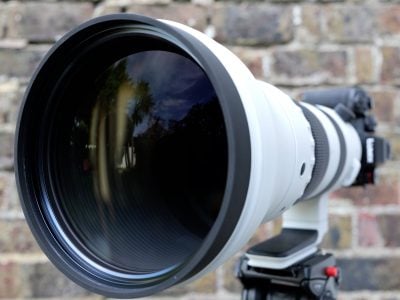
Sigma 300-600mm f4 DG OS review
28 Apr 2025 Gordon LaingThe Sigma 300-600mm f4 DG OS is a bright aperture, super-tele zoom aimed at high-end sports and wildlife photographers. Available in Sony e and L mounts, it costs around half that of 600 f4 primes from the big names while also zooming-out to 300mm. Find out why it’s a game-changer in my review!
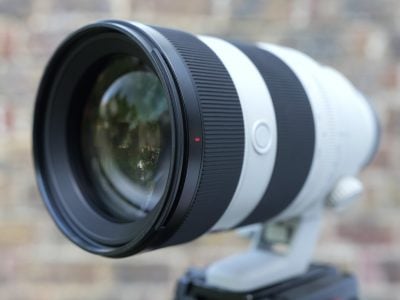
Sony FE 50-150mm f2 GM review
22 Apr 2025 Gordon LaingThe Sony FE 50-150mm f2 G Master is a bright telephoto zoom that’ll delight portrait, event and close range sports photographers. Here's my review!
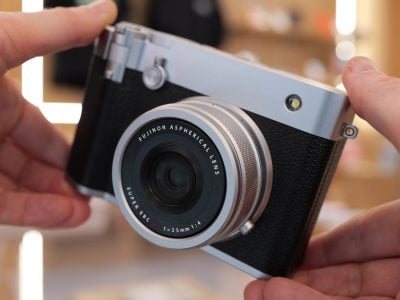
Fujifilm GFX100RF review
10 Apr 2025 Gordon LaingThe Fujifilm GFX100RF is a fixed lens rangefinder-styled camera with a 102 Megapixel medium format sensor. It essentially packs the quality of the GFX100S II with a fixed 28mm equiv lens into a body that’s more akin to a slightly chunkier X100. Here's my review so far!
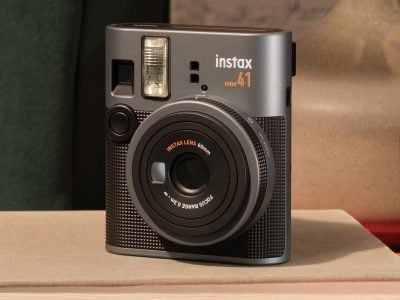
Fujifilm instax mini 41 review
09 Apr 2025 Gordon LaingThe instax mini 41 is Fujifilm’s latest camera to use their hugely popular instax mini film. It's based on the fully analogue mini 12, but reskinned in a more serious-looking, technical body. Here's my review!
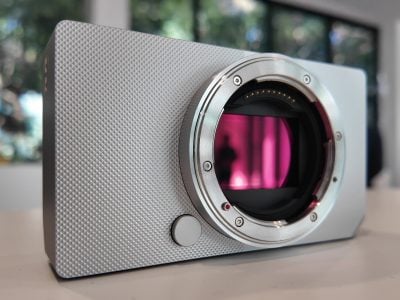
Sigma BF review so far
04 Apr 2025 Gordon LaingThe Sigma BF is a stylish mirrorless camera with a 24 Megapixel full-frame sensor and L-mount, packed into a body milled from a single block of aluminium. Here's my first-looks review!
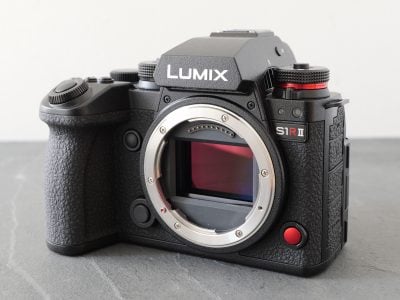
Panasonic Lumix S1R II review
02 Apr 2025 Gordon LaingThe Panasonic Lumix S1R II is a high-end full-frame mirrorless camera with a 44 Megapixel BSI sensor and 8k video. Here's my review of the new flagship Lumix!
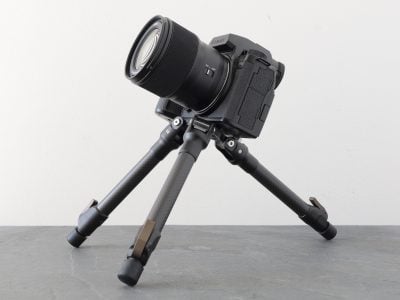
Feisol TT-224 mini tripod review
31 Mar 2025 Gordon LaingThe Feisol TT-224 is a table-top tripod now with extending legs. Launched in early 2025, it’s the follow-up to the TT-15 Mark II, one of my favourite mini tripods and a constant companion on my travels. Here's my review!
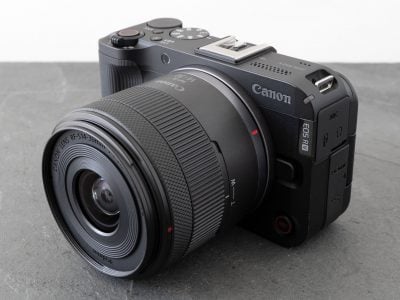
Canon EOS R50 V review
27 Mar 2025 Gordon LaingThe Canon EOS R50 V is a mirrorless camera aimed at video creators who want a compact body with interchangeable lenses. It will take photos too, but it’s mostly designed for video. Here's my first-looks review!
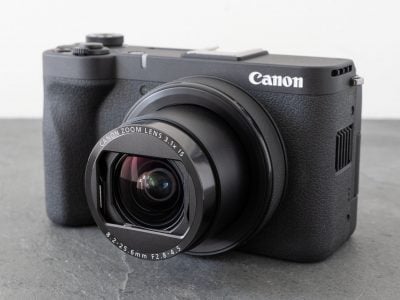
Canon PowerShot V1 review
27 Mar 2025 Gordon LaingThe Canon PowerShot V1 is a fixed lens compact with a large 22 Megapixel sensor and 16-50 equivalent zoom. It's aimed at video creators who want a step-up over the G7X series. Find out more in my review!
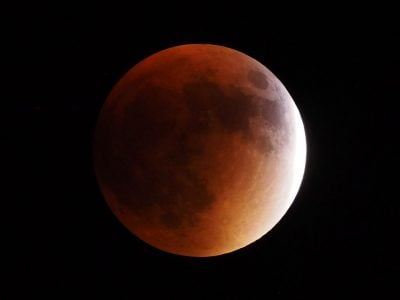
Lunar Eclipse Photography
13 Mar 2025 Gordon LaingA Total Lunar Eclipse is one of Nature's most spectacular displays and a great deal easier to photograph than a Solar Eclipse, not to mention more frequent too. In my guide I'll explain how to photograph a lunar eclipse or blood moon!
